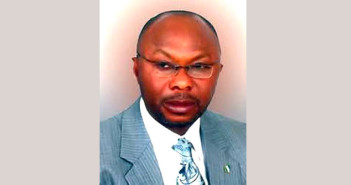By Ndidi Chukwu
Lagos State and 32 others are yet to establish drug distribution centers to aid accountable and proper monitoring of drugs going round the country as directed by drug distribution guideline of 2012. Only three states Jigawa, Niger and Ekiti have established the centers and begun implementing guidelines set up by federal government to ease up chaos in drug distribution across the country. All states are expected to establish drug distribution centres before a deadline set for June 30, 2015, but at least 33 are yet to move in that direction, days to the deadline.
Four states Kaduna, Kano, Katsina and Anambra have had their centres inspected by the Pharmacists Council of Nigeria and are “ready for take-off,” said the Federal Ministry of Health. Akwa Ibom and Lagos are still developing structures for their distribution centres, which the ministry has called “a sign of their willingness to comply.” The distribution guidelines launched in 2012 also call for private sector to establish mega distribution centres, three of which are due for commissioning, said Permanent Secretary of the Health Ministry Linus Awute.
The mega distribution centre at Onitsha, ready for commissioning, came after open drug market at Onitsha Head Bridge was shut down in 2006 to stifle a conduit for fake drugs entering distribution around the country. Awute, at a press briefing in Abuja to emphasize the deadline, said it was hoped “the existence of open drug markets, which is a major source of fake, adulterated and substandard drugs in the country, will soon be a thing of the past.”
“This is the end of the road for anyone who thinks he can thrive under a chaotic distribution network,” he added.
The guidelines call for mechanism to ensure drug distribution is ordered along channels established. According to the guidelines, drugs should go from manufacturers or importers to national health programmes, mega centres or state distribution centres before wholesalers. Wholesalers will be drug sources for community pharmacies, private health institutions and patent medicine vendors as well as primary health centres who deal directly with patients.
Primary health centres many also buy drugs from state distribution centres for their patients.




